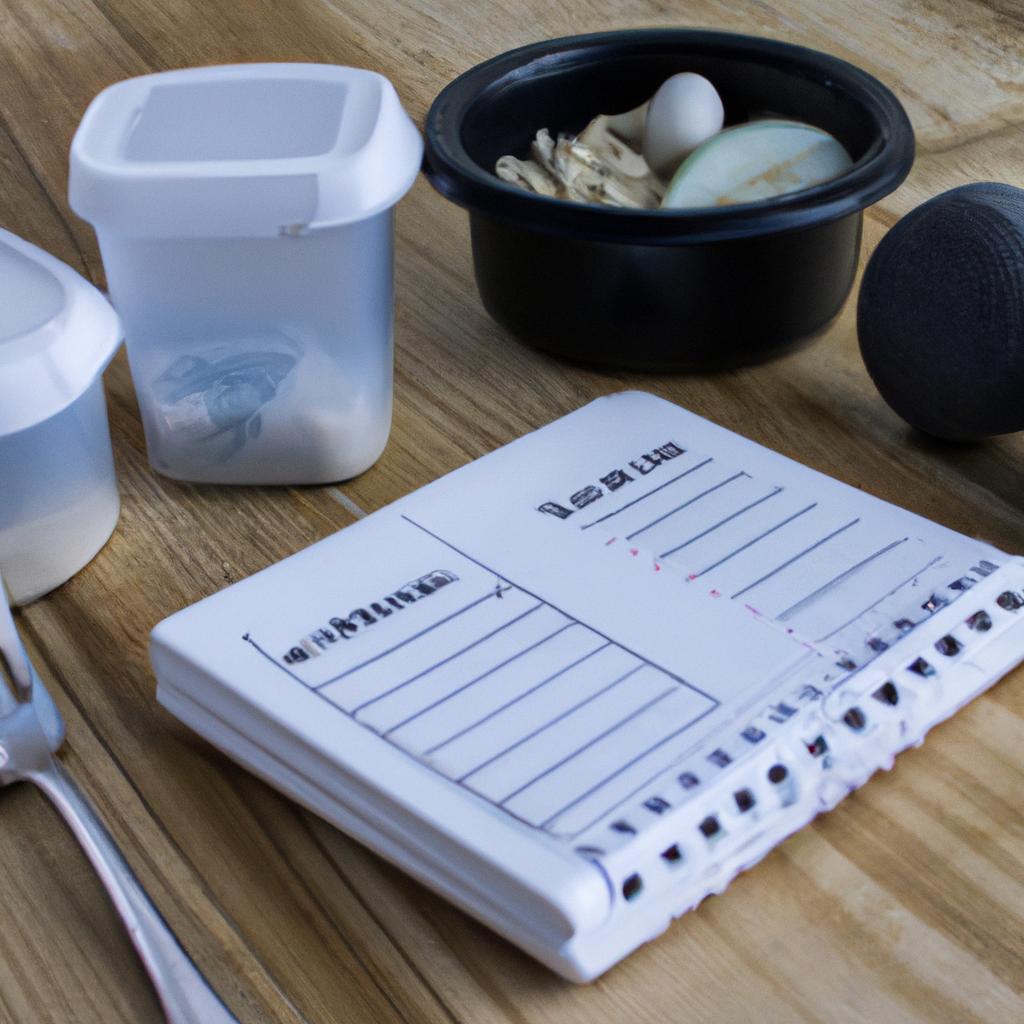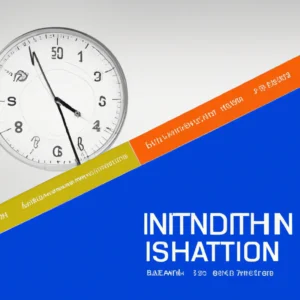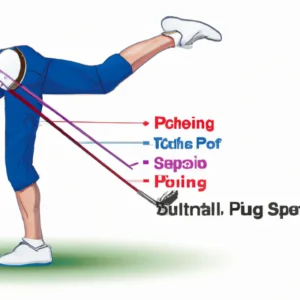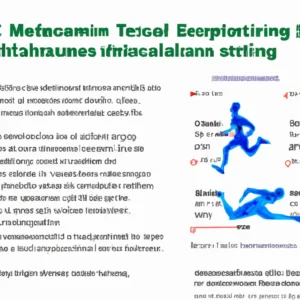**”The Role of Nutritional Timing in Enhancing Muscle Recovery: How Meal Timing Affects Post-Workout Healing and Performance”**
The Role of Nutritional Timing in Enhancing Muscle Recovery: How Meal Timing Affects Post-Workout Healing and Performance
Athletes and fitness enthusiasts often prioritize workouts but overlook nutrition’s critical role. Meal timing significantly influences muscle recovery and overall performance. Let’s explore how proper nutritional timing enhances post-workout healing.
Understanding Nutritional Timing
Nutritional timing involves when you consume specific nutrients related to exercise. This concept focuses on macronutrients like carbohydrates, proteins, and fats. Each nutrient uniquely contributes to recovery and performance enhancement.
When you exercise, you deplete glycogen stores and damage muscle fibers. You must replenish those stores and repair muscles efficiently. Therefore, timing your meals optimizes these processes, leading to better recovery and improved performance.
Optimal Nutrient Timing Post-Workout
The Anabolic Window
After a workout, your body enters an anabolic window. This period lasts about 30 to 60 minutes. During this time, your muscles absorb nutrients more effectively. Consume a balanced meal rich in protein and carbohydrates immediately after exercising.
For example, a protein shake with a banana works wonders. Carbohydrates replenish glycogen stores, while protein aids muscle repair. Studies show that consuming protein within this window significantly enhances muscle protein synthesis. Muscle protein synthesis rates elevate post-exercise, making this timing critical.
Protein Recommendations
Aim for 20-30 grams of protein in your post-workout meal. This amount maximizes recovery and growth. High-quality sources include chicken, fish, eggs, beans, or lentils.
Consider incorporating a variety of amino acids in your protein sources. This diversity optimizes muscle repair and recovery. For instance, whey protein contains high leucine content, which stimulates muscle protein synthesis.
Carbohydrate Considerations
Carbohydrates also play a vital role in recovery. Consuming carbohydrates post-workout helps replenish glycogen stores. Aim for a carbohydrate-to-protein ratio of approximately 3:1 for optimal recovery.
Good carbohydrate sources include sweet potatoes, quinoa, or whole-grain bread. These options provide sustained energy and essential nutrients for recovery. Pair simple carbohydrates, like fruits, with protein for quicker glycogen replenishment.
Meal Timing Around Workouts
Pre-Workout Nutrition
Pre-workout nutrition is crucial. Eat a balanced meal about 2-3 hours before exercising. Include carbohydrates for energy and protein for muscle support.
For instance, grilled chicken, brown rice, and steamed vegetables provide the necessary energy and nutrients.
Conclusion
In summary, proper nutritional timing significantly impacts muscle recovery and performance. Prioritize meal timing to enhance your post-workout healing.
Below are related products to the topic if you’re interested:
FAQ
What is nutritional timing and why is it important for muscle recovery?
Nutritional timing refers to the timing of nutrient consumption in relation to exercise. It is important for muscle recovery because it influences how effectively your body replenishes glycogen stores and repairs muscle fibers after workouts. Timing your meals correctly can optimize these processes, leading to better recovery and improved overall performance.
What should I eat immediately after a workout to maximize recovery?
To maximize recovery, aim to consume a balanced meal rich in protein and carbohydrates within 30 to 60 minutes after your workout. A good example would be a protein shake paired with a banana. The protein aids in muscle repair, while carbohydrates help replenish glycogen stores. Aim for 20-30 grams of protein in your post-workout meal for optimal muscle protein synthesis.
How can I structure my meals before and after workouts for the best results?
For pre-workout nutrition, eat a balanced meal about 2-3 hours before exercising, including carbohydrates for energy and protein for muscle support. Good options include grilled chicken, brown rice, and steamed vegetables. After your workout, focus on a meal with a carbohydrate-to-protein ratio of approximately 3:1 to support recovery. Incorporate sources like sweet potatoes, quinoa, or whole-grain bread along with your protein choice for sustained energy and nutrient















Post Comment